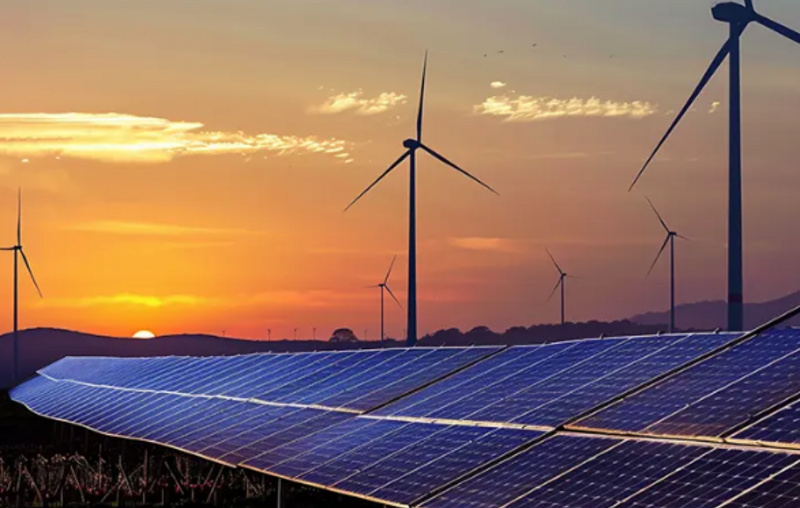via wattsupwiththat.com
California prides itself on being a leader with respect to tackling climate change. This is because they believe, albeit on shaky scientific grounds, that their citizens “already” face devastating consequences inflicted on them by manmade global warming – including wildfires, sea level rise, drought, climate refugees, and other impacts that “threaten their health and safety”.
Thus, to lower their state’s carbon footprint, the legislature recently passed a law requiring all companies doing over $1 billion in business within California to “publicly disclose” (by 2026) all their “direct” greenhouse gas (GHG) emissions stemming from fuel combustion they utilize, as well as all “indirect” GHG emissions derived from the electricity, heating and cooling they consume.
By 2027, they must also disclose “indirect upstream and downstream” GHGs emitted by sources they do not own or directly control but from which they purchase goods and services, including GHG emissions associated with the “processing and use of sold products.”
This certainly appears to cover almost every mega-scale entity doing business in the once-Golden State. And it might help those who fret about climate change sleep better at night. But will it actually lower the planet’s greenhouse gas emissions?
The simple answer is “no”. Let me explain.
Since only “zero-emission” vehicles can be sold in California by 2035, and the state must have 100% “clean” electricity by 2045, the new disclosure mandates should (at least in theory) cover GHG emissions associated with “upstream” operations required for processing raw materials, manufacturing new energy generation and use technologies, and transporting “clean energy” equipment sold to or used in California.

